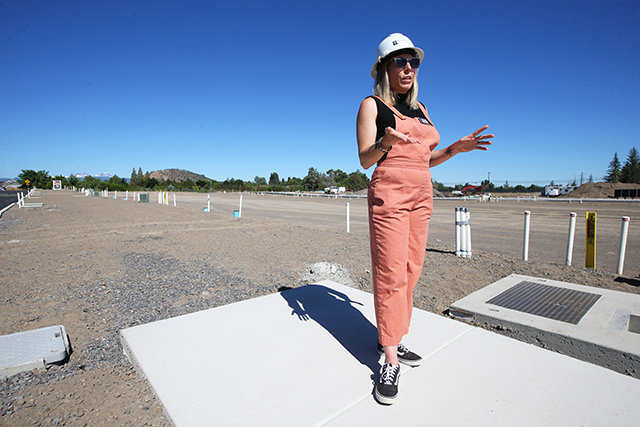Intervention in Libya: the ‘not-Iraq’ war
Published 5:00 am Saturday, March 19, 2011
WASHINGTON — The war, if it comes, could well be called the not-Iraq war.
Eight years ago today, President George W. Bush launched the U.S. invasion of Iraq, without an explicit mandate from the United Nations and without much concern over which U.S. allies went along.
Trending
France vehemently opposed the invasion and had tried to scuttle it diplomatically a month earlier.
Fast forward to 2011, and the diplomatic picture is turned upside-down: France has led the charge to intervene in Libya to protect civilians from Moammar Gadhafi’s rampage, and President Barack Obama is the reluctant warrior, insisting that every step must have international backing and deferring to the Europeans to lead.
Instead of American “shock and awe,” there is time-consuming diplomacy and careful consideration of options.
While the Iraq war and the Libya crisis differ fundamentally in many ways, the question now, according to outside experts, is whether Obama’s multilateral approach will turn out any better than Bush’s unilateralism.
Will the mere threat of military action begin a slap of dominoes that leads to Gadhafi’s departure? If French and British jets bomb Gadhafi’s military assets with little effect, will the U.S. be pressured to take a more active, even leading, military role? Who will rebuild Libya once Gadhafi is gone — or if his country fractures into two demi-states?
“However this ends, it ends with heavy burdens,” said Daniel P. Serwer, a retired U.S. diplomat with experience in conflict and post-conflict reconstruction in the Balkans, Iraq and elsewhere.
Trending
The prospect of such burdens has, by all accounts, made Obama averse to rushing into Libya and willing to cede the lead role to others. The legacy, and costs, of the Iraq and Afghanistan wars seem written all over his policy.
In remarks Friday on Libya, the president didn’t attempt to hide his unease with a third U.S. intervention in a Muslim-majority nation in a decade.
“The United States did not seek this outcome,” he said. With U.S. troops fighting in Afghanistan and winding down a mission in Iraq, the decision “is only made more difficult,” he added.
Obama carefully circumscribed the U.S. role. The U.S. will not deploy ground troops in Libya or “use force to go beyond a well-defined goal,” the protection of civilians, he said.
White House officials declined Friday to specify what military support the U.S. will provide to a European-led military operation in Libya.
Nor have they detailed the factors that have gone into Obama’s weighing of how deeply to get involved in Libya.
But judging by the words of the president and his advisers, those factors include a determination not to inject the U.S., widely distrusted by Arab populations, into the region’s political unrest; concern about military overstretch; and the cold, hard fact of a depleted U.S. Treasury.








